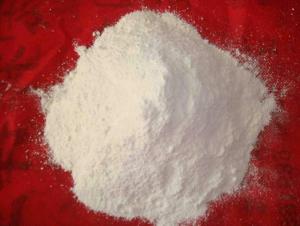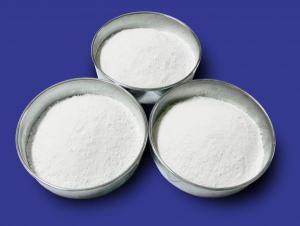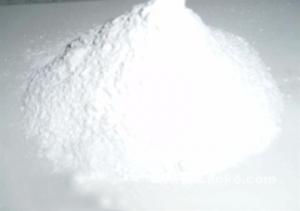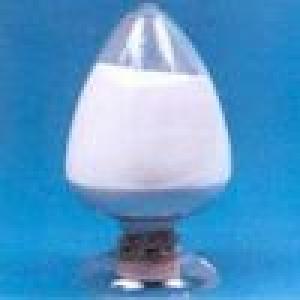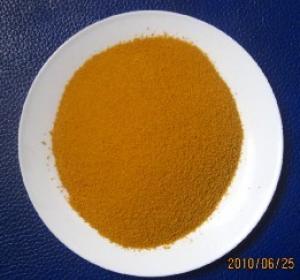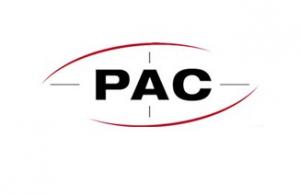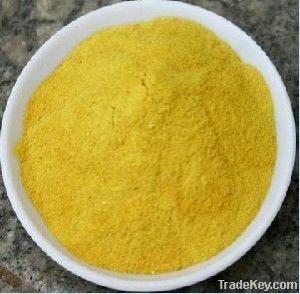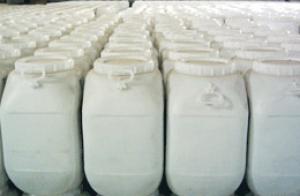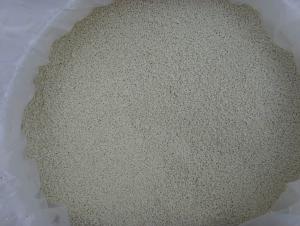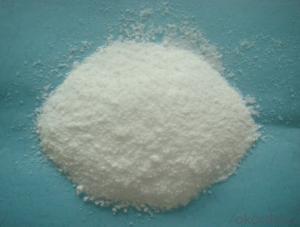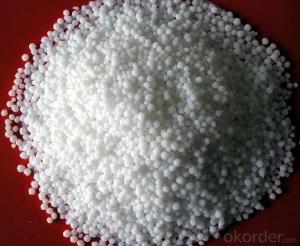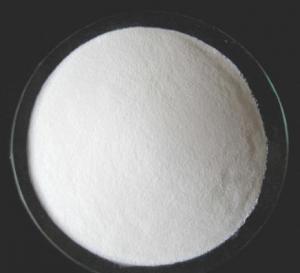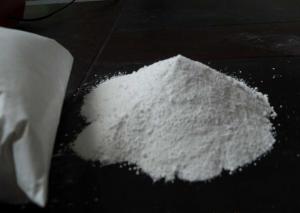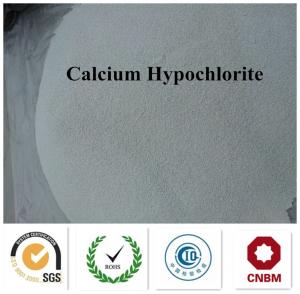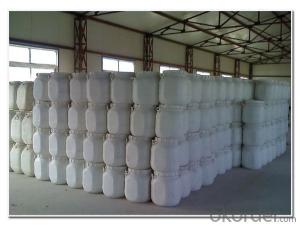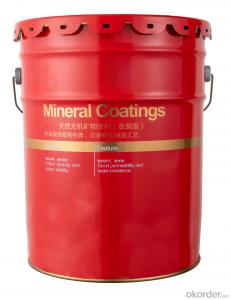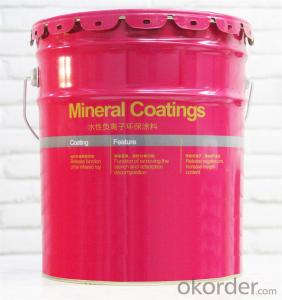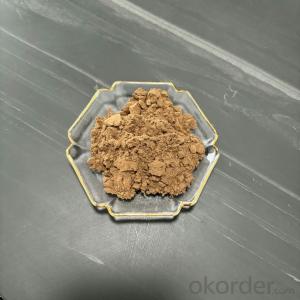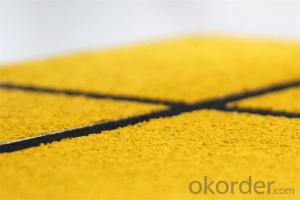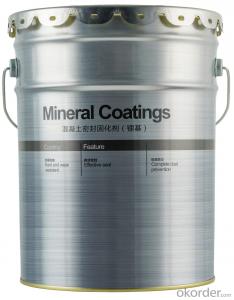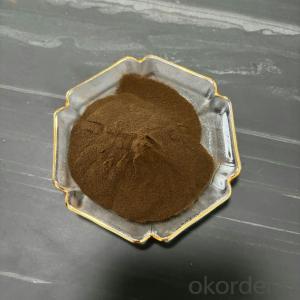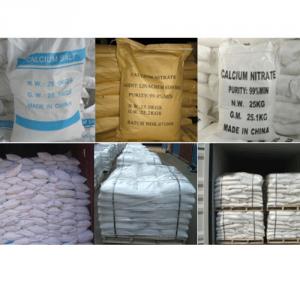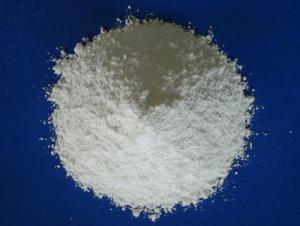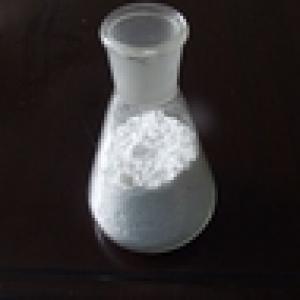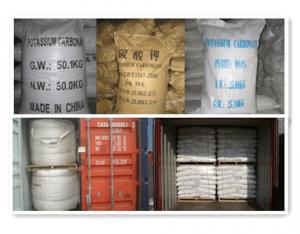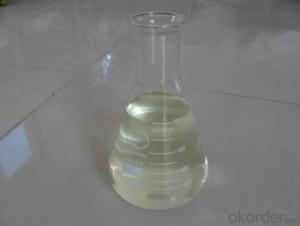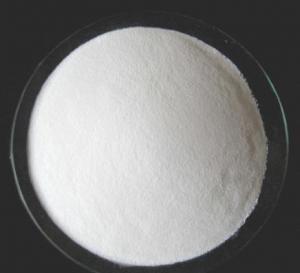Precipitated Calcium Carbonate
- Loading Port:
- Jiangyin
- Payment Terms:
- TT or LC
- Min Order Qty:
- 16 Tons m.t.
- Supply Capability:
- 10000Tons m.t./month
OKorder Service Pledge
OKorder Financial Service
You Might Also Like
Precipitated Calcium Carbonate is one kind of Coated Precipitated Calcium Carbonats(PCC), also called Nano Precipitated Calcium Carbonate(NPCC). We can produce standard precipitated calcium carbonate in different whiteness, purity and fineness according to buyer’s demand.Nano Calcium Carbonate(NCC) as a functional inorganic material or reinforcing agent widely used in all kinds of industrials.Precipitated Calcium Carbonate is a kind of functional fillers which can be used in adhesives&sealants, rubber, plastic, paint, ink, food, etc.
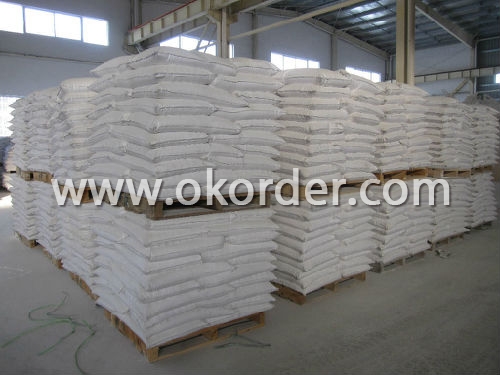
Applications of Precipitate Calcium Carbonate:
The precipitated calcium carbonate is almost always used for a raw material of following goods.
- Plastic: Pipe, Electric wire, Vinyl sheet, Parts of Electric product, Parts of Automobile, Toy, Film, Garbage bag, Container, Tableware, Food Tray, Dish Tray, Toilet table, Bedpan, Chair,etc.
- Rubber: Chemical shoes, Electric cable, Tire, Belt, Hose, Rubber paste, Rubber glue, ect.
- Paint & Coating: Interior, exterior emulsion paint, ect.
- Paper: Art paper, Coating paper, Gravure paper, High quality paper, Medium quality paper, Rice paper, Poster, ect.
- Building Material: Artificial marble, Floor board, Wall board, ect.
- Adhesive, Printing ink, Compound, Glass, Ceramics, Agricultural purpose, Feed, Toothpaste, Soap, Cosmetics, Chalk, Colors, ect.
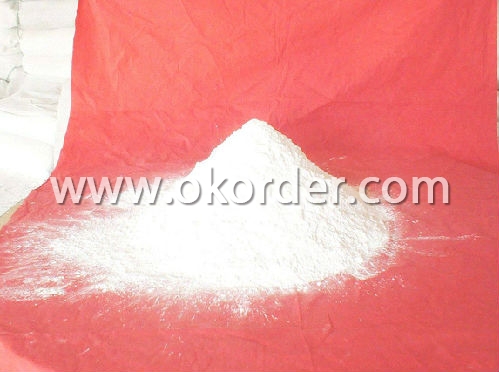
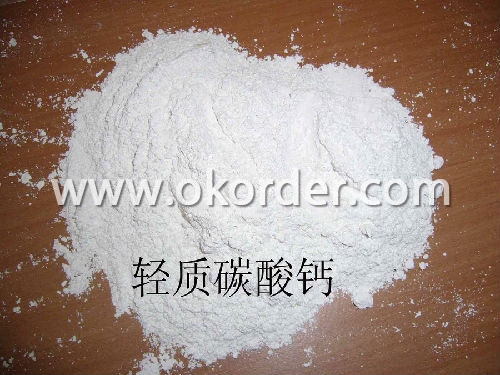
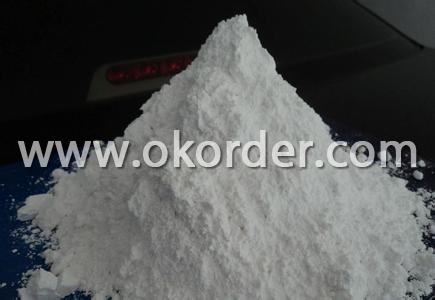
- Q:Is urea an inorganic salt?
- Is not organic matter ah inorganic salts are present in the body and food minerals in the mineral, composed of organic matter and inorganic synthesis of the human body has been found to have more than 20 kinds of essential inorganic salts, about 4 to 5% of body weight. More (> 5g) for calcium, phosphorus, potassium, sodium, chlorine, magnesium, sulfur seven; daily dietary requirements are more than 100mg, known as constant elements. Other low content, with the modern analysis of technological progress Iron, copper, zinc, manganese, cobalt, molybdenum, selenium, chromium, nickel, silicon, fluorine, vanadium and other elements were found by atomic absorption spectroscopy, neutron activation, plasma emission spectroscopy and other trace analysis methods. But also the human body is necessary, the daily dietary requirements for the amount of μg ~ mg called trace elements.
- Q:What is the most important inorganic salt in plant growth?
- The inorganic salts required by plants are nitrogen, phosphorus and potassium containing inorganic salts, and if any lack of plants will affect the normal growth of plants, nitrogen is a component of many important organic compounds in the body, such as protein, nucleic acid, chlorophyll , Enzymes, vitamins, alkaloids and some hormones contain nitrogen. Nitrogen is also the basis of genetic material in all organisms, the most important protein, it is often in the center of metabolic activity.Now is to limit the growth of plants and the formation of the primary Factor. It also has a significant effect on improving the quality of the product.K2 is dissolved in the plant juice, and its main function is related to the metabolism of the plant.The content of phosphorus in the plant is second only to nitrogen and potassium, Phosphorus plays an important role in plant nutrition. Almost all important organic compounds in plants contain phosphorus. Phosphorus is involved in photosynthesis, respiration, energy storage and delivery, cell division, cell enlargement and other processes in plants.
- Q:salt is organic or inorganic?
- inorganic
- Q:What is the time when the maximum number of inorganic salts is needed
- Plant inorganic salts are the most nitrogen, phosphorus and potassium containing inorganic salts, if any lack of plant will affect the normal growth.
- Q:What is the composition of inorganic salts?
- Most of the inorganic salts in the cell are present in the form of ions
- Q:Like the role of B, Fe, Mg, Ca, Mn, Cu, Cl, P, S, N ...., the more specific the better (college entrance examination range)
- The various inorganic salts dissolved in the cells have a certain total concentration, such as human body fluid concentration of 0.9%, frogs of 0.65%, which for maintaining cell osmotic pressure, so that cells maintain a certain shape has an important role, too high or Too low will lead to cell due to water or dehydration to change the cell morphology. There are also a number of buffering systems in the body, which are a group which has a neutralizing effect on the added acid or base so that the pH does not change significantly and therefore plays an important role in maintaining the acid-base balance of the cells.
- Q:anybody here knows the difference of organic iron salt (ex. F.gluconate) vs inorganic (ex. F.sulfate)?
- It it's organic, then the anion (the negative ion) is the conjugate base of an organic acid. If it's inorganic, then the original acid was inorganic (like H2SO4 making sulphates).
- Q:Does the plant absorb some of the inorganic salt?
- Plants absorb moisture through the infiltration of root cells to absorb moisture, the process is essentially a free diffusion of water, neither the carrier nor the need for energy;
- Q:Are plants absorbing water and inorganic salts only through root tip or wrong? The
- Plants through the leaves can also absorb water and inorganic salts, but the root tip is the main part of the plant to absorb water and inorganic salts.
- Q:Are there any differences between minerals and inorganic salts?
- For example, iodine in kelp, calcium lactate in sour milk, etc. These minerals are not inorganic salts.
1. Manufacturer Overview |
|
|---|---|
| Location | Anhiu,China |
| Year Established | 2007 |
| Annual Output Value | |
| Main Markets | North America, Southeast Asia, Africa, Mid East, Eastern Asia, Western Europe, Northern Europe |
| Company Certifications | |
2. Manufacturer Certificates |
|
|---|---|
| a) Certification Name | |
| Range | |
| Reference | |
| Validity Period | |
3. Manufacturer Capability |
|
|---|---|
| a)Trade Capacity | |
| Nearest Port | Tianjin |
| Export Percentage | |
| No.of Employees in Trade Department | |
| Language Spoken: | English, Chinese |
| b)Factory Information | |
| Factory Size: | |
| No. of Production Lines | |
| Contract Manufacturing | |
| Product Price Range | |
Send your message to us
Precipitated Calcium Carbonate
- Loading Port:
- Jiangyin
- Payment Terms:
- TT or LC
- Min Order Qty:
- 16 Tons m.t.
- Supply Capability:
- 10000Tons m.t./month
OKorder Service Pledge
OKorder Financial Service
Similar products
New products
Hot products
Hot Searches
Related keywords
